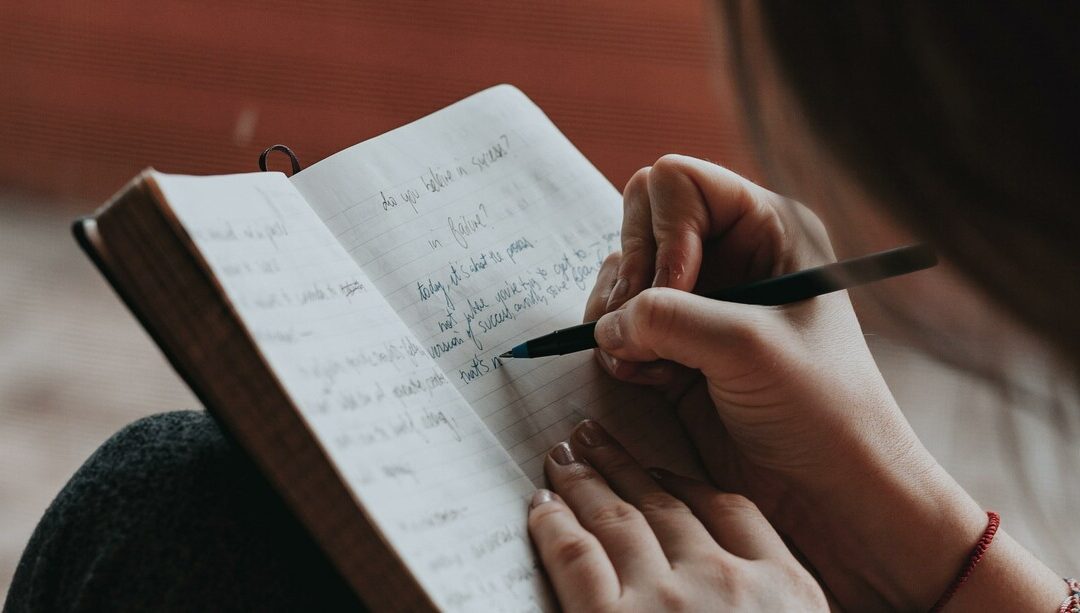It is common for adolescents to have trouble expressing feelings, to discover their true path in life. They are in a complex transition from child to adult and it is common for many of them to get lost in this complicated path. Fortunately, there are techniques that can help them, for example, journaling.
What is journaling
Many psychologists specialized in happiness and positive psychology, such as Martin Seligman or Tal Ben Shahar, are committed to daily gratitude for all the good things we have in our lives.
How to express this gratitude? A highly recommended formula is the diary of emotions or positive diary. Here, both to understand our emotions and to discover how much good there is in our lives, it is recommended to keep a small notebook as a diary where we write down all the positive things that happen to us throughout the day, but to which, in many cases, we do not give value, forget or downplay.
It is common for many young people to have a negative outlook on life. Many rules, wanting to be adults but not being treated as such, having to comply with their obligations and with the dictates of parents or teachers when they don't feel like it...
It is interesting to prevent teenagers from growing up with this over-categorized view of the world that they believe does not allow them to be themselves. That is why it is so necessary for them to understand that there are many more good things in their lives than they think.
And this is where journaling comes into play, those diaries that children will complete every day in which they will be able to remember their good experiences, and they will be captured in the pages of their notebooks.
Types of journals
Today there are many different diaries and many different proposals for young people to put their feelings and emotions in order and to express themselves freely, enjoying a fuller and more positive life. Let's take a look at some of them.
The five minute journal
It is a technique that involves dedicating five minutes every day in the morning to write down everything for which we are grateful. Then, in the evening, we do the same by writing down three good things that have happened to us during the day.
Bullet journaling
An interesting process that invites young people to organize the elements of their life that they consider most important. They will write down the feelings in the form of short lists according to their thoughts.
Free writing
In this case, it is about keeping a diary for life in which teenagers will write freely about their feelings, their emotions, their vicissitudes and their day to day life. Be that as it may, we must never forget that we must encourage them to go further, and not only use it to complain and express the negative, it is also important that they highlight the positive.
The benefits
As you can imagine, after all that we have discussed, journaling offers remarkable benefits to the well-being and development of adolescents:
- It allows a moment of peace. It is good to stop, reflect, think, meditate and slow down in this fast-paced life that our teenagers lead.
- It facilitates self-awareness. Sometimes we need help, or we think we are weaker than we really are. These journals allow us to become aware of our true needs, whether we are teenagers or adults.
- Reduce stress. Trying to retain everything in our mind causes stress. Slowing down, writing it down and knowing that we left it there immortalized relaxes us.
There are many more benefits. Journaling stimulates creativity, psychological health, etc. If you want to know them all, do not hesitate to contact the experts of our prestigious center, Logos International School, an international school in Las Rozas de Madrid. They will be able to help you in this and other aspects of adolescent well-being and development.

